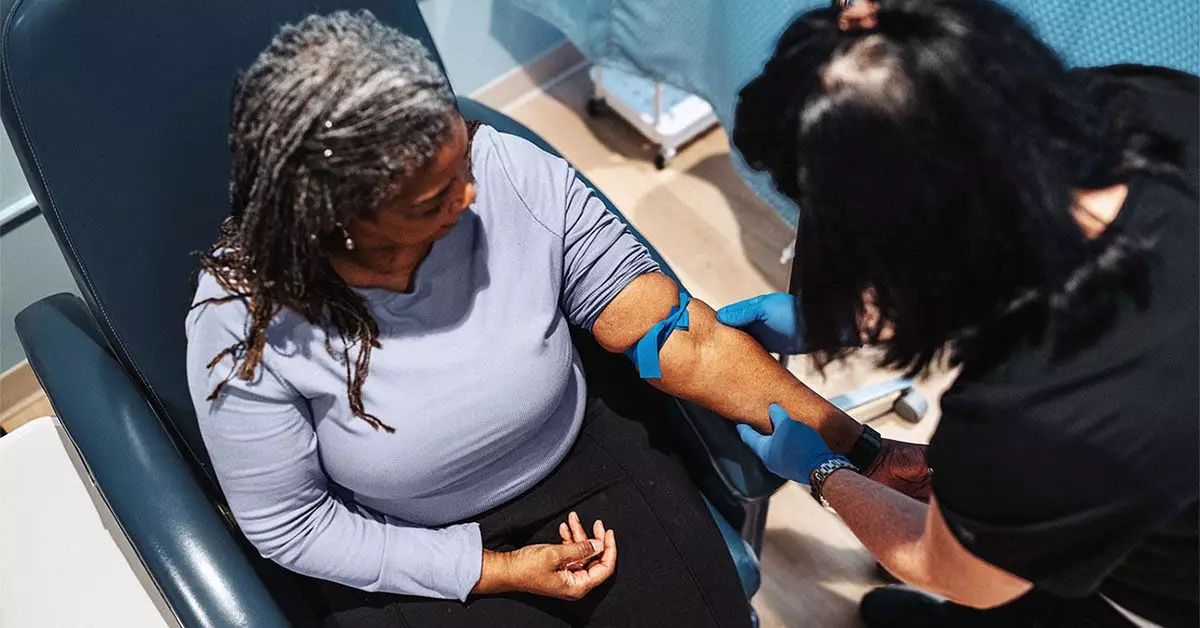Chimeric antigen receptor (CAR) T-cell therapy signifies a groundbreaking leap in the realm of cancer immunotherapy, designed to empower the body’s own immune system to recognize and obliterate malignant cells. It is particularly revolutionary for patients battling multiple myeloma (MM), a formidable blood cancer characterized by the overproduction of abnormal plasma cells. With the FDA’s nod to CAR T-cell therapies such as Idecabtagene vicleucel (Abecma) and Ciltacabtagene autoleucel (Carvykti), we stand on the precipice of a new era of treatment options. Both therapies specifically target B-cell maturation antigen (BCMA), a protein prevalent on myeloma cells, bringing newfound optimism to patients who have exhausted traditional treatment avenues.
The Efficacy and Limitations of CAR T-cell Therapy
While CAR T-cell therapy has demonstrated notable success in cases of difficult-to-treat MM, it is not universally effective. A significant concern lies in the therapy’s failure rate, primarily occurring within six months post-treatment. This sobering statistic underscores that CAR T-cell therapy, though promising and groundbreaking, holds inherent limitations that require acknowledgment. Patients often face disheartening outcomes, which signal the urgent need for a comprehensive understanding of post-therapy options. There remains a glaring absence of a standardized protocol when CAR T-cell therapy does not yield favorable results, leaving healthcare providers and patients grappling for solutions in uncharted territory.
Navigating the Aftermath: Alternative Treatment Strategies
Upon the realization that CAR T-cell therapy has faltered, the challenge of determining the next steps becomes imperative. Common strategies employed after therapy failure include reinitiating chemotherapy with lenalidomide, exploring targeted therapies, or integrating innovative treatments like bispecific antibodies. Options like immune checkpoint inhibitors, localized radiation therapy, or a second round of CAR T-cell therapy emerge as viable considerations, but each requires careful evaluation from a multidisciplinary healthcare team. However, the evolving landscape of treatment options does little to alleviate the emotional toll that accompanies the news of treatment failure, further intensifying the need for comprehensive patient support systems.
The Importance of Psychological and Emotional Support
Beyond the clinical aspects, the psychological ramifications of a failed treatment demand attention. The journey through cancer treatment is fraught with emotional upheaval, and the mental health of patients often becomes sidelined amidst discussions of medical strategies. Engaging with mental health professionals can provide vital coping mechanisms to manage the stress and anxiety stemming from treatment setbacks. In addition, fostering connections with support groups and loved ones can create a safety net for emotional resilience. A strong support structure not only aids in reducing feelings of isolation but also empowers patients to remain proactive in their fight against cancer, encouraging them to seek fundamental clarification about their choices moving forward.
In unveiling the complexities of CAR T-cell therapy, we discover a dual narrative of hope and challenge; the potential for recovery is profound, yet the journey is seldom straightforward. As patients navigate the intricate landscape of treatment and support, their resilience often becomes the cornerstone of their battle against this challenging disease.

